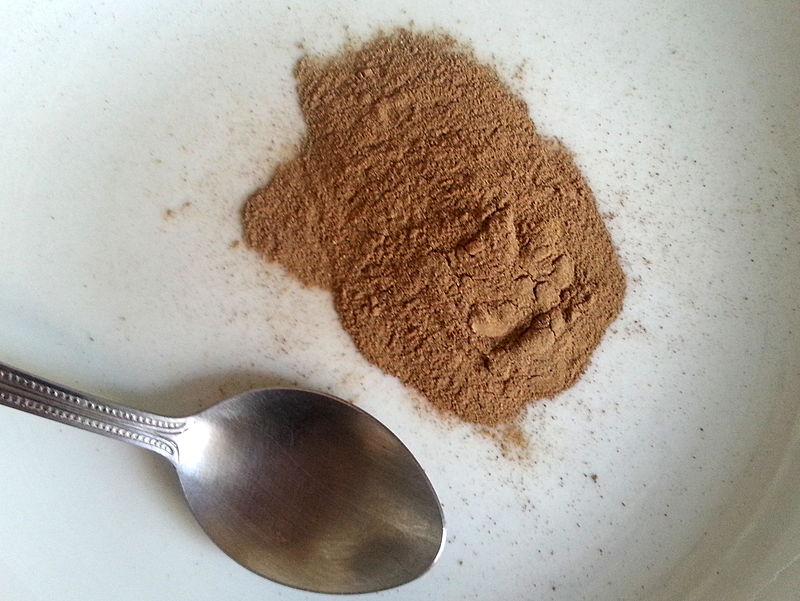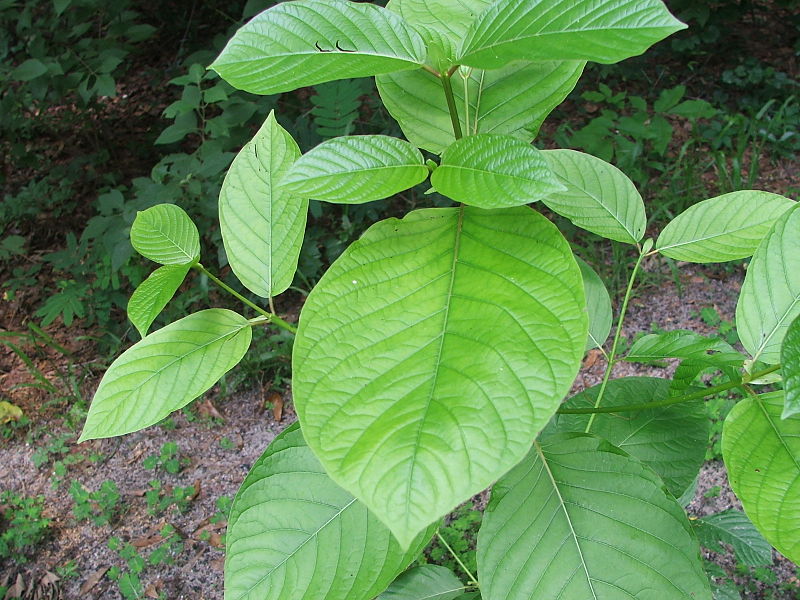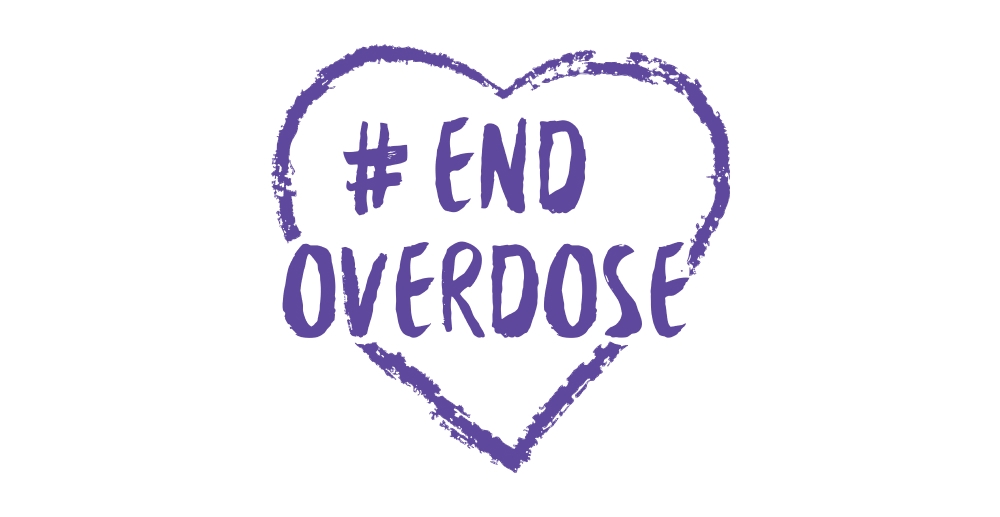Can two plants, one from central Africa and one from southeast Asia, help you beat opioid addiction? We explain ibogaine and kratom.
Could the naturally occurring psychedelic ibogaine be the next big treatment for opioid use disorder?
Ibogaine is a drug that is naturally produced by several plant species in tropical Africa including the Iboga tree for which it is named. While it has been used by African tribes for centuries before being imported to France during the colonial period, the potential for ibogaine to treat opioid use disorder was first advocated by American scientist Howard Lotsof. Lotsof, who was addicted to heroin when he was nineteen, accidentally discovered ibogaine while chasing his next high. Per Lotsof’s own account, he and four friends quit heroin immediately after trying ibogaine, their desire for the drug quelled. Lotsof would go on to dedicate his life to bringing ibogaine treatment for substance use disorders into mainstream medicine.
“So, is ibogaine the miracle Lotsof claimed it to be?”

So, is ibogaine the miracle Lotsof claimed it to be? While the drug’s impact on his life is undeniable, the story is much more complicated. Ibogaine is a psychedelic with dissociative properties. It can cause changes in the perception of senses and produce a feeling of detachment from oneself and their environment. Other common dissociative psychedelics include ketamine and phencyclidine (PCP, angel dust). While Lotsof first began promoting ibogaine treatment for addiction in 1962, ibogaine clinics did not start popping up until the 1990s. A majority of clinics are located in Canada, Mexico, New Zealand, Costa Rica, South Africa, and the Netherlands. In these and several other countries, ibogaine occupies a legal grey area. In the United States, ibogaine is listed as a Schedule 1 Controlled Substance, however, illegal clinics have popped up only to be busted by law enforcement. In 2015, the Global Ibogaine Therapy Alliance, founded by Lotsof, established clinical guidelines for ibogaine-assisted detoxification. Ibogaine treatment has also been promoted by several recent documentaries based on individuals’ experiences.
In the early 1990s, the US National Institutes of Health sponsored pre-clinical animal trials and Phase 1 clinical trials of ibogaine, however, the research was halted. More recent studies have been conducted in Mexico and New Zealand, where ibogaine clinics exist. Despite this, more research needs to be done on ibogaine as a treatment for opioid use disorder. Ibogaine’s benefits are still under question, however, there are some very real risks associated with it. Ibogaine is both cardiotoxic and neurotoxic, having led to over 30 confirmed deaths. While ibogaine advocates will maintain that those deaths could have been prevented by screening for concurrent health conditions, it still remains that the safety of ibogaine has not been properly studied.
Kratom: Is this evergreen leaf a double-edged sword?
We actually encounter kratom at Workit Health. Some members of our Workit program have used it to help them detox off of heroin or pain pills while others come to us for Suboxone to treat kratom addiction. So what is kratom?
Kratom is a tropical evergreen that grows in southeast Asia, from Burma to Papua New Guinea. The kratom leaf actually contains two psychoactive alkaloids: mitragynine and 7-HMG. Both mitragynine and 7-HMG have been shown to be opioid receptor agonists, meaning that they bind to and activate the brain’s opioid receptors like the opioids you know. Kratom also has stimulant properties at lower doses, while its opioid properties are more pronounced at higher doses.

“Some members use kratom to help them detox off of heroin or pain pills while others come our Workit Clinic for Suboxone to treat kratom addiction.”
While several states and the US Army have made kratom illegal, it is still largely legal, although imports are routinely ceased by customs. In 2016, the US Drug Enforcement Agency expressed the desire to classify kratom as a Schedule 1 controlled substance like marijuana, ibogaine, and heroin. This led to pushback from kratom advocates and several US Senators, however, the DEA has shown continued interest in reclassifying kratom to Schedule 1.
Like ibogaine, there is not enough scientific research on whether or not kratom can effectively treat opioid use disorder. While studies in mice show that kratom is safer than most opioids, kratom overdoses are possible and have claimed lives, although almost always when another opioid is involved in addition to kratom. Frequent use of high doses of kratom can also lead to tremors, anorexia, seizures, psychosis, and heart issues. Kratom-related deaths have increased markedly in recent years sparking calls for treating the leaf as a public health problem. Furthermore, a Salmonella outbreak from late 2017 to early 2018 that poisoned 28 people in 20 states was linked to kratom supplements.
The Verdict
We can’t say whether or not ibogaine and kratom work for certain, there simply is not enough evidence. What we do know is that compared to these treatments, the three FDA-approved assistive medications for opioid use disorder — methadone, buprenorphine and naltrexone — have a far superior record of safety and effectiveness. The dedicated clinical team of addiction treatment experts at Workit Health are happy to talk to you about your options for taking your life back from heroin or pain pills.




